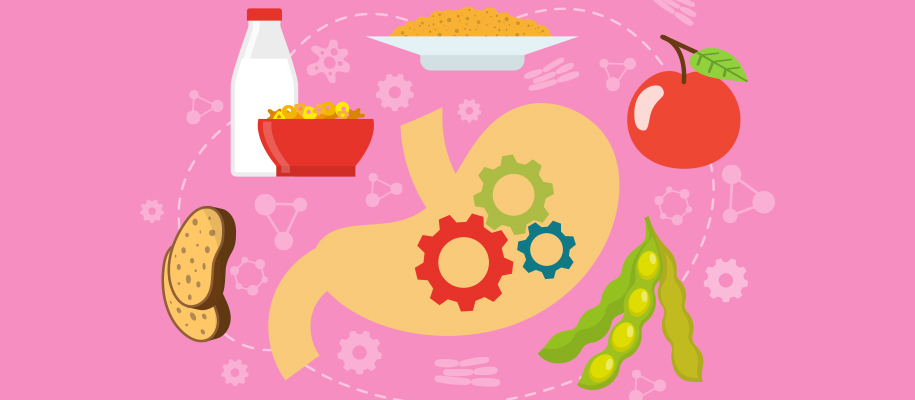Super Charge Your Diet

By Dr. Liz Applegate, Scientific Advisory Board member “What you see is what you get.” Right? Well, not exactly when it comes to eating a healthful plate of food like veggies and lean protein or swallowing down some key dietary supplements. What you “see” isn’t what your body necessarily gets!! Fifty plus different nutrients and […]
Vitamin D – The Universal Vitamin?
Or why are there so many researchers studying the sunshine vitamin? Written by Dr. Shepherd Over the last decades there have been over 400 articles reporting on research projects devoted to Vitamin D. Why such a number of research projects? It would appear from the list of reports that Vitamin D is being shown to be […]
Mighty Muscle and Magnesium
Your body systems consist of bones, organs, tissues, trillions of cells (both yours and microbial cells) and of course muscles—you name it! Each plays a unique role in how our body functions. Our muscles work in different ways and although it seems simple to raise your legs or flex your arms, the mechanics of these […]













